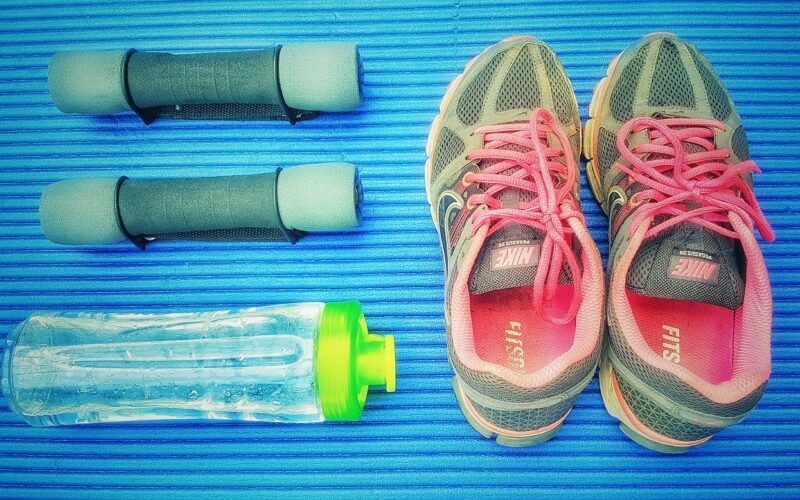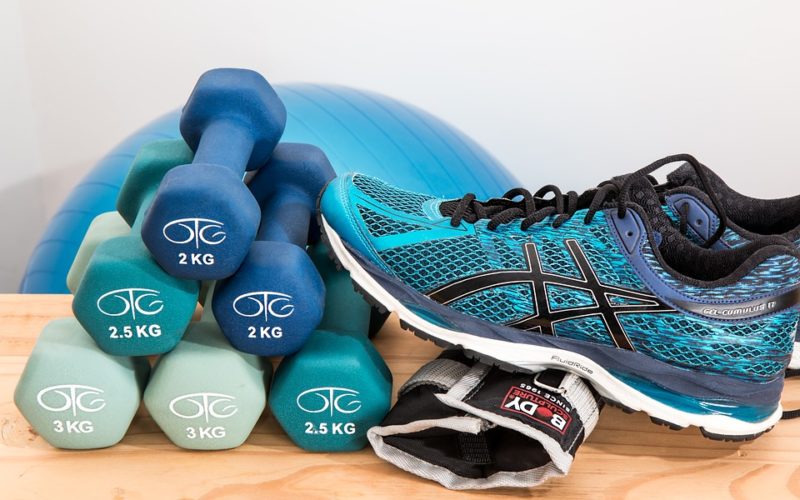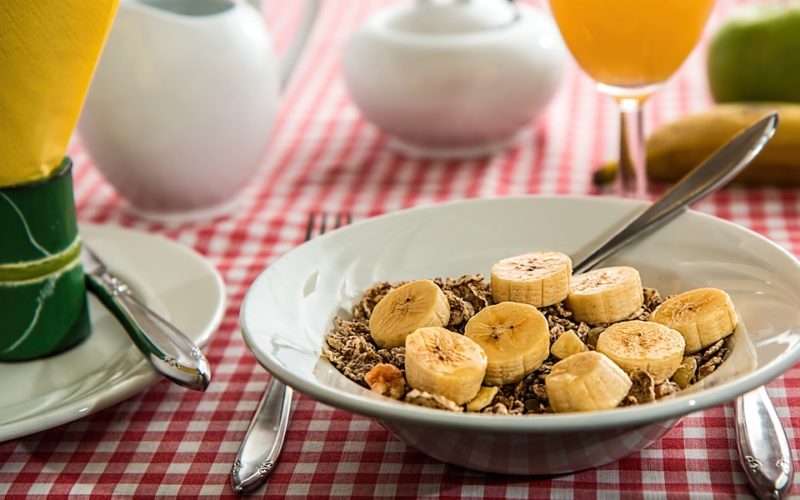Trying to lose weight can be a daunting task. With so many options and suggestions floating around on the internet, it can be hard to know which approach is actually going to help you reach your goals.
It's easy to jump headfirst into the latest trendy diets or exercises that we hear about online, but unfortunately these often don't create true long-term change.
Let's discuss why most fad diets are ineffective and provide some tips for achieving lasting results when it comes to physical health and wellness.
The science behind weight loss, and why fad diets don't work
Weight loss is one of the most sought after goals in modern society, and many people turn to crash diets in the hopes that they will help them to achieve it faster. Unfortunately, crash diets bring with them a lot of potential risks to your health that could even be detrimental in the long-term.
This isn't only because of their severe dietary restrictions, but also because our bodies have evolved over thousands of years to store fat as a protective measure. When we go on low-calorie or low-carbohydrate diets, our bodies enter starvation mode since they're unable to recognise these fad diets as trusted sources of sustenance.
The ideal path to healthy and sustainable weight loss is through a balanced diet complemented by regular physical activity; this way, you can provide your body with all the calories and nutrients it needs while still being able to burn excess fat without issue.
Remember that losing weight is a gradual process, so don't be too hard on yourself, take care of your body and it will take care of you.
The 3 main components of healthy eating for weight loss
Healthy eating for weight loss doesn’t have to be complicated. With just three main components, you can reach your weight-loss goals faster and more efficiently.
The first component is physical activity, which is important for burning calories, promoting circulation, and encouraging muscle and bone growth.
The second is nutrient density, you want every bite of food you consume to nourish your body with vitamins, minerals, fibre and healthy fats.
Finally, portion control allows you to eat enough food to satisfy your appetite without going overboard on calories.
All three of these components play an important role in helping you lose extra pounds while still receiving essential nutrients. For easiest success and greatest long term results, focus on balancing these components in a variety of ways each day.
Meal prepping and how it can help you lose weight
One of the best ways to lose weight is through meal prepping. Meal prepping involves preparing and portioning out meals in advance, typically for an entire week.
This helps ensure that people are eating healthier foods and in the right amounts. It also saves time and effort during the week as you already have planned meals, taking away the need to worry about what to make or eat each day, reducing temptation.
Not only will meal prepping help you maintain a healthy weight but it can also introduce new ingredients and flavours to your diet while cutting down on food waste.
Make sure to keep track of your progress when meal prepping so that you can adjust based on individual needs and preferences.
Different exercises to incorporate into your routine
Sticking to an exercise routine can be a daunting task, especially when it becomes stagnant and boring. To avoid falling off the fitness wagon, diverse your routine by incorporating different exercises.
Try adding some strength training to your regular cardio sessions or look into a new activity such as yoga or tai chi. Also, try taking a dance class, playing on a sports team with friends, going for hikes in nature or engaging in any other physical activity that you enjoy.
Additionally, varying exercise intensity is important for health; alternate between high-intensity activities such as boot camp classes or running sprints and low-activity recovery options like going for leisurely strolls and doing simple stretches.
Incorporating different types of workouts has been found to improve both mental and physical wellbeing while avoiding boredom that often triggers skipping workouts.
Establish a consistent exercise plan that works for you
Keeping an exercise plan that you can stick to is key to maintaining a healthy lifestyle. Starting off by setting a realistic goal you wish to reach is important in order to stay motivated.
Whether it's running a certain distance or hitting the gym three times a week, pick something that won't discourage you if it takes some time to complete.
Find an activity that you enjoy and try to schedule exercise into your day or week. You can turn it into playtime with family or friends, listen to music while doing it, or make it part of your regular routine such as running errands on foot instead of taking the car.
Even breaking up activities throughout the day counts towards your final goal, so don't be afraid of small steps either. A consistent exercise plan tailored specifically for yourself should help keep you fit and healthy.
How to stay motivated while losing weight
Losing weight can be a difficult journey, but staying motivated throughout is the key to success. One tip to help stay motivated while losing weight is to break up larger goals into smaller, more attainable goals. This way you will have the satisfaction of achieving several goals along the way and won't feel overwhelmed.
Additionally, journaling your progress can be helpful as it can hold you accountable and reflect your successes graphically over time. Another way to stay motivated is to find an activity that you enjoy doing that involves physical movement like walking, running or cycling; with regular participation in such activities, you will start to see visible improvements in your fitness levels which should keep you from procrastinating on your fitness journey.
Finally, keeping a reward system for reaching milestones can be effective when it comes to maintaining motivation; this gives something extra for you to look forward to as a result of all your hard work.

























